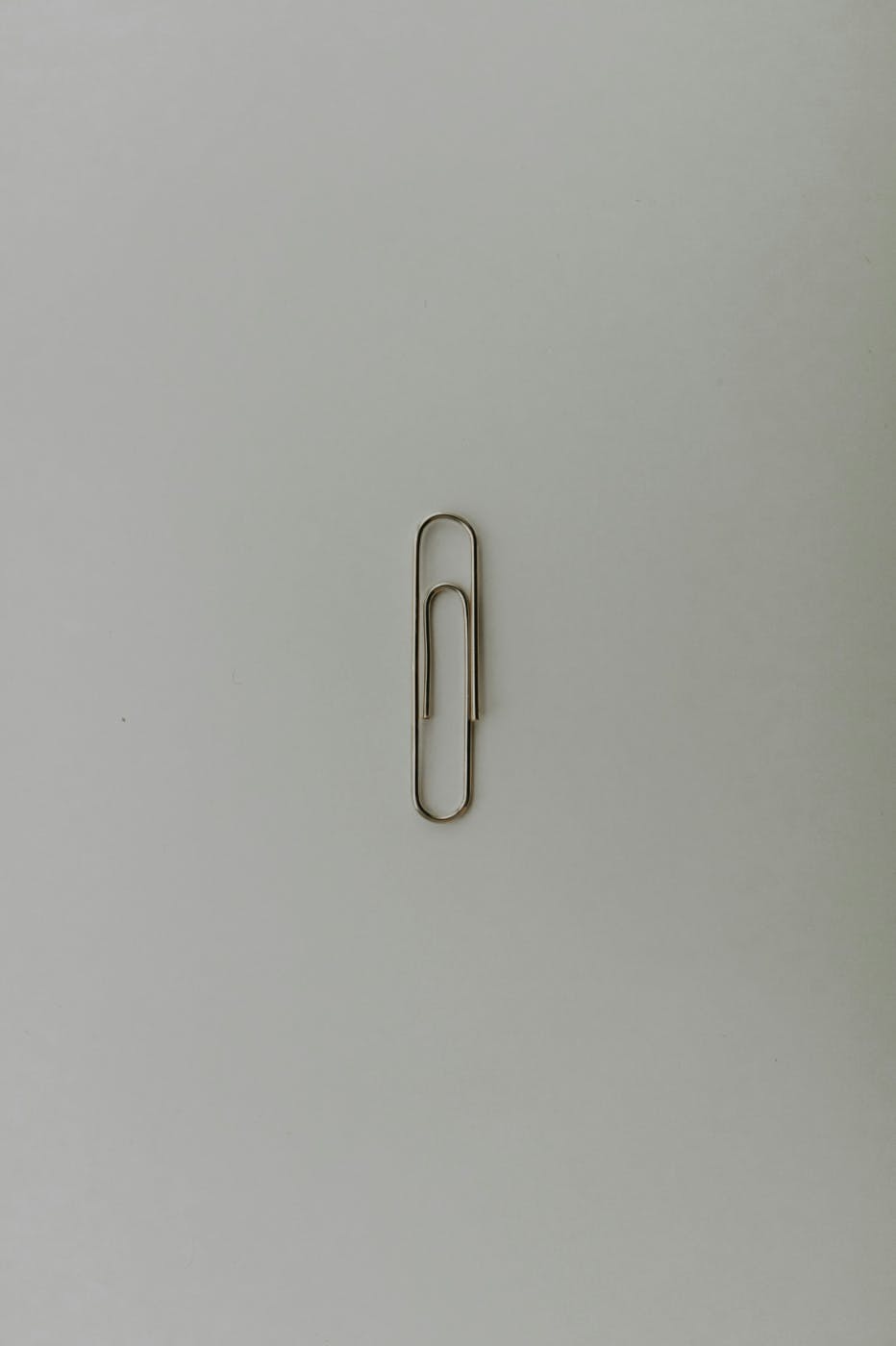
But here’s the thing—if simplicity is the answer, why does it feel like the world keeps pushing us towards more?
Introduction: The Call for Simplicity
So, I was reading this article recently by a guy who claimed to know what men really want. Spoiler: it’s not sex. No, apparently, it’s the simple things: a fridge full of beer, a dog, a good buddy, and, of course, a nice stick.
Now, I’m not here to argue with that. In fact, I have two very nice sticks near me right now. If you know, you know. But what really stuck with me was this idea of “simple.” If you read enough self-help articles, you’ll see that one of the go-to pieces of advice is to enjoy the simple things in life. Cut the clutter, focus on what matters, and embrace simplicity. Sounds nice, doesn’t it?
But then, right next to that, you’ll find articles about employers firing employees because they don’t have enough drive. Apparently, they’re just fine with doing their jobs, going home, kissing the chicken, cooking the wife, and cracking open a beer while watching Golden Bachelor meets American Gladiator. Simple stuff, right? But wait—what’s wrong with that?
Well, there’s this pesky little thing called “more.” We’re constantly being told that we need more: more money, more cars, more followers, more stocks, more houses. The Joneses have it all, and we’re somehow supposed to figure out what they’re doing so we can be as effortlessly “simple” as they are. But here’s the thing—if simplicity is the answer, why does it feel like the world keeps pushing us towards more?
Defining Simplicity – What Does It Really Mean?
Let’s pause for a second and define what we’re talking about when we say “simple.”
What simplicity is: At its core, simplicity means focusing on the essentials—the things that truly matter. It’s about creating space for what brings us peace, joy, and meaning. And no, that doesn’t mean we have to give up all the things that make life fun or interesting. Simplicity doesn’t have to be about deprivation; it’s more about making intentional choices and finding clarity in what we really need.
What simplicity isn’t: Now, before you start imagining a life where you’re living off rice cakes and drinking kale smoothies while sitting cross-legged on the floor, let’s clear up one thing: simplicity is not about rejecting everything that feels indulgent or luxurious. It’s not about living in austerity. In fact, simplicity can often be more about enjoying the things you love without feeling the pressure to constantly acquire more stuff, more status, or more distractions.
What gets in the way of simplicity: You may have noticed by now that achieving simplicity isn't as easy as it sounds. There are plenty of obstacles that stand between us and a simple, peaceful life.
- External pressures: We live in a world where society constantly tells us to strive for more—more money, more success, and more followers. Advertising, social media, and the constant barrage of comparison often make us feel like we’re not doing enough, having enough, or being enough. It's hard to embrace simplicity when you’re being told to “level up” every 30 seconds.
- Internal struggles: Then there’s the internal pressure. We worry about missing out. FOMO (Fear of Missing Out) is real, and let’s be honest, who wants to be left behind while everyone else is out there getting more of whatever it is? It’s the fear that if we don’t have the latest gadgets or the most Instagrammable lifestyle, we’re somehow falling short. And, let’s not forget the deep, existential dread that comes from realizing that maybe, just maybe, we’re not as perfect as the filtered lives we see online.
- Overcomplication: The other hurdle is our tendency to overcomplicate things. We’ve all been there—staring at an endless to-do list, micromanaging every detail of our lives, and generally making everything harder than it needs to be. When we overthink, overplan, and overdo it, simplicity seems to fly right out the window. Instead of cutting out the noise, we end up adding layers of complexity.

The Allure of Simplicity
Okay, so we’ve defined what simplicity is and isn’t, but why does it sound so appealing? Here’s the thing: we all crave simplicity because, deep down, we know it leads to peace. Life feels a little less frantic when we stop chasing after the next thing and start appreciating what we already have.
Think about it—when was the last time you truly enjoyed a moment without feeling the pressure to be doing something “bigger”? Simple things, like a cold beer at the end of the day, a walk with the dog, or sharing a quiet moment with a friend—those are the things that stay with us. There’s a beauty in the small, everyday moments that can get lost when we’re too focused on the bigger picture.
Simplicity doesn’t necessarily mean downsizing your whole life. It’s about intentionally cutting out the excess. You can have the nice things, the fun things, and the ambition—but if you learn how to simplify the clutter in your mind, you’re much more likely to find joy in the things that matter most.
The Push for More
Let’s talk about the elephant in the room: the relentless push for more. We’re told that success means having more—more money, more followers, more likes, more everything. This is where things get complicated. The idea that more equals better is drilled into us from an early age. We’re constantly competing, constantly striving to climb the ladder.
But is all this “more” really what we want? Or do we just think we want it because that’s what society tells us we should have?
Take work, for example. It used to be that you could be content with a job that paid the bills, gave you some benefits, and let you go home at a decent hour. But these days, there’s an expectation that you’ll not only do your job well, but you’ll want to climb the corporate ladder, become a manager or CEO, and sacrifice your evenings and weekends to reach the top. But what if that’s not what you really want? What if you’re content with doing your job, enjoying your life, and going home to kiss the chicken and crack open a beer?
There’s nothing wrong with that. In fact, in a world that constantly pushes us to do more, to be more, simplicity can be a quiet rebellion. But here’s the rub: simplicity doesn’t always align with the world’s idea of success. And that’s a problem.
Can Simplicity and More Coexist?
This brings us to the big question: Can we have both simplicity and the pursuit of more? Well, I’d argue that we can, but only if we redefine what “more” means.
Enter Occam’s Razor—the philosophical principle that suggests the simplest solution is often the best one. We can apply this to life by cutting away the unnecessary distractions and focusing on what truly matters. Sure, you might want a bigger house, a nicer car, or more Instagram followers, but at what cost? If the pursuit of these things is cluttering your mind and stealing your peace, it’s time to reassess.
Simplifying doesn’t mean throwing away your dreams or abandoning your goals. It means finding a balance. It’s about focusing on the things that bring you joy and purpose while letting go of the things that don’t. Simplicity can coexist with ambition, but only if you’re intentional about what you’re chasing.

Striving for Simplicity in a Complex World
So, how do we simplify in a world that keeps telling us to do more?
- Set boundaries: Protect your time. Set clear boundaries around work, social media, and other distractions that drain your energy.
- Focus on what matters: Prioritize meaningful relationships over the number of connections. Invest in quality over quantity—whether that’s friendships, possessions, or experiences.
- Redefine success: Success isn’t measured by how much you own or how many followers you have. It’s about living authentically, enjoying the present, and finding contentment with what you have.
- Slow down: Take time to savor the small moments. Life is simpler when we stop rushing and start appreciating what’s in front of us.
The Hard Truth—What Does It Really Take to Simplify?
Alright, let’s get real for a moment. We’ve talked about the allure of simplicity and given you the dreamy picture of enjoying a cold beer while walking the dog and living stress-free. But here’s the honest truth: achieving simplicity is a hell of a lot harder than it sounds. It’s not some magical shortcut to happiness. In fact, it requires some uncomfortable decisions, and chances are, you’re not going to like some of them.
1. You have to give up some things.
I’m talking about the stuff you thought you “needed.” The big house. The flashy car. The constant hustle. Society tells you that if you don’t have all of these things, you’re somehow failing. But guess what? You don’t need them. Simplicity means knowing when to say “no” to things that don’t align with your true values. It means letting go of things (and people) that drain you. It’s about choosing what you want over what you’ve been conditioned to think you should want. And that can be uncomfortable, especially when it feels like everyone else is running in the opposite direction, collecting more and more.
2. You have to face your fear of missing out.
FOMO is real, and it’s hard to ignore. The world is moving at breakneck speed, and it seems like everyone is doing something bigger, better, or more exciting. But if you want to simplify, you have to let go of the need to be everywhere, do everything, and be everything to everyone. It’s not easy, especially when it feels like you’re falling behind, but the truth is, you can’t have it all. And that’s okay. Letting go of FOMO means accepting that your life is already full enough without trying to chase someone else’s version of success.
3. You have to embrace discomfort.
Simplifying isn’t always about relaxing and taking it easy. It’s about making tough choices and sticking to them. That means cutting out distractions, saying no to opportunities that don’t align with your priorities, and focusing on fewer things—but more deeply. It also means accepting that you’ll feel uncomfortable at times. You’ll feel the pressure of wanting more, of measuring up, of doubting whether this “simple” life really is the best choice. But you need to sit with that discomfort. Because that’s where the magic happens. The real value of simplicity is found in the space you create by eliminating the noise.
4. You have to be brutally honest with yourself.
No more hiding behind excuses or pretending you want a life you don’t really want. Simplicity requires you to get real with yourself about what you truly value, what makes you happy, and what’s just been cluttering your life out of habit or pressure. Maybe you’ve been chasing the wrong goals or holding on to things that no longer serve you. The uncomfortable truth is that simplifying your life requires self-awareness and accountability. It might sting, but it’s the only way forward.
5. You have to prioritize your mental and emotional health.
Simplifying your life isn’t just about physical stuff—it’s about your mind and your heart. You have to protect your peace, which sometimes means cutting off toxic people, limiting your exposure to negative influences, and taking a step back from the constant grind. Yes, you might feel like you’re “falling behind” in some areas, but simplifying is a long-term investment in your well-being. It’s okay to prioritize your health over success or status, no matter what the world tells you.
Summing Up: The Case for Simplicity in a World of Excess
Ultimately, simplicity doesn’t mean giving up your ambition or desires. It’s about finding clarity in the noise and choosing to focus on what truly matters. In a world that’s constantly pushing for more, simplicity is the antidote to overwhelm. It’s about doing less, but living more.
So, go ahead—enjoy the simple things. Have your beer, walk the dog, and appreciate the nice stick. And while you’re at it, take a moment to breathe, unplug, and ask yourself: What’s really important? Because at the end of the day, simplicity just might be the best kind of more.

